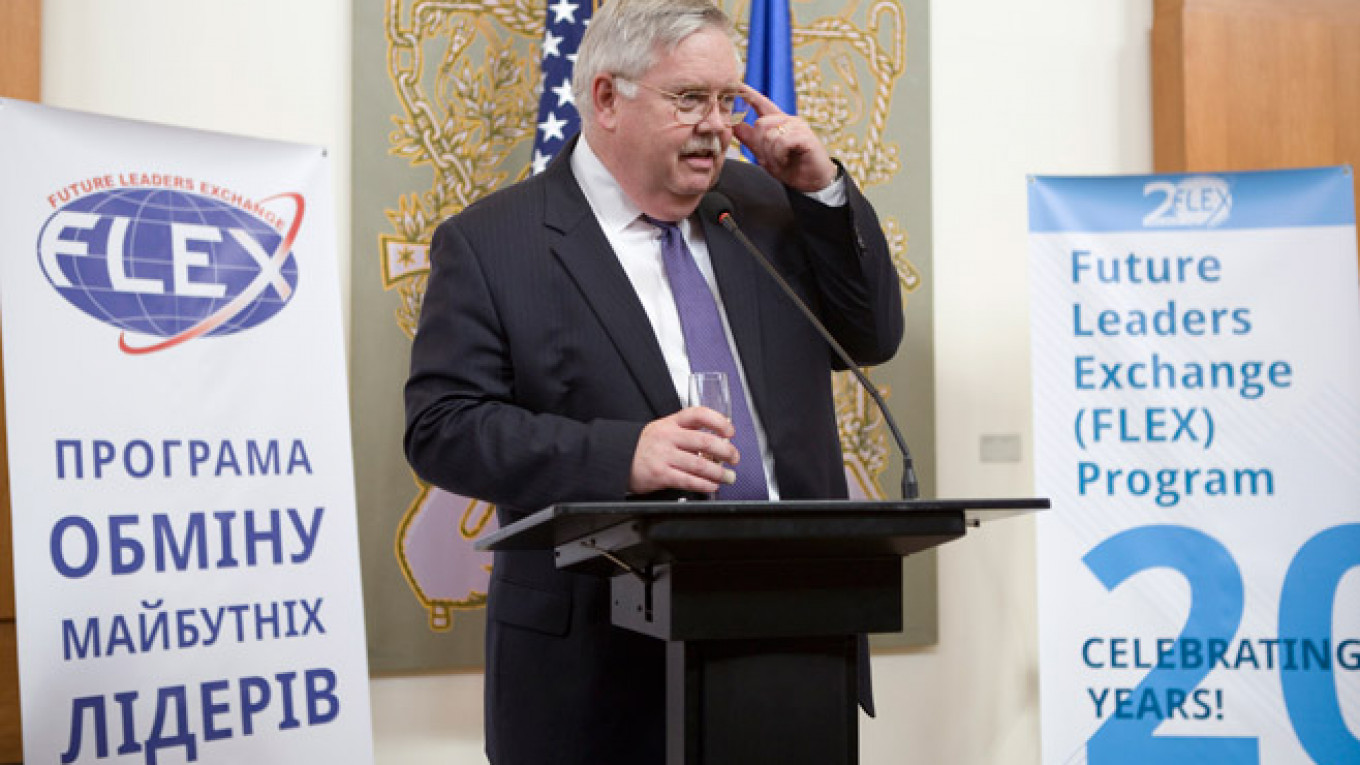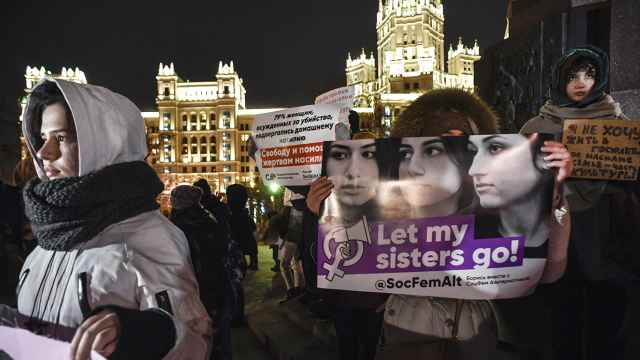When the U.S. passed its Magnitsky law in late 2012, barring entry to the U.S. for 60 Russian officials implicated in the prison death of Sergei Magnitsky, a lawyer who reported a major corruption scam involving Russian government officials, President Vladimir Putin's administration immediately declared that it would retaliate with an "asymmetrical response."
That response was not only asymmetrical, but plainly irrational: The State Duma passed a law prohibiting U.S. citizens from adopting Russian orphans. As a result, Moscow punished Russian orphans more than it did U.S. citizens. From 1991 to 2012, U.S. citizens adopted nearly 100,000 Russian orphans. The adoption rate had declined in the years before the ban, but never dropped below 1,000 per year.
Many of those children had serious illnesses or disabilities. They would have had little chance of ever enjoying a full life — and in some cases, any life at all — if they had not moved to the U.S. And when the adoption ban broke like a bolt out of the blue, several hundred Russian orphans who had already met their future U.S. parents suddenly learned that they would have no family.
Numerous people appealed to Putin to permit the adoptions of at least those children who had already met with their future parents. One such appeal came in a letter signed by at least 70 members of the U.S. Congress.
Putin did not answer that letter. Even actress Angelina Jolie wrote to the Russian president. Putin's press spokesman sneeringly responded, and I quote: "We will fulfill her request if she and Brad Pitt will get married in either Moscow or St. Petersburg."
And when news reports emerged over the next year that some of the children forced to remain in Russia had died there, the brutality of the law horrified even Putin's supporters.
Children's rights ombudsman Pavel Astakhov announced that the real reason for the ban was that U.S. parents did not care for Russian children properly. He cited a case in which a Russian orphan had died under the care of U.S. adoptive parents — one case out of 100,000.
Now two years later, Russian children are once again unwilling pawns in the Kremlin's "asymmetrical response." Last week the authorities unexpectedly banned the Future Leaders Exchange (FLEX) program in Russia. Through FLEX, the U.S. government sponsored more than 8,000 Russian schoolchildren over the last 21 years to spend a year living with U.S. host families and studying at local schools.
Moscow announced the ban just as this year's group of students was about to fly to the U.S. They had spent months enthusiastically participating in several rounds of the competition. These were the best of the best and at their moment of triumph, the Kremlin informed them: "Guess what guys? You're not going."
That was when Astakhov explained that Moscow canceled the exchange program because of one "egregious case" in which a 17-year-old Russian boy in last year's program refused to return to Russia and a same-sex couple had adopted him.
Against the backdrop of Russia's rampant homophobic propaganda, "same-sex couple" is tantamount to saying the boy had been taken in by a gang of thieves or a pair of ax murderers.
It turned out that the young man was gay and that, before returning to Russia, had applied for refugee status based on his claim that people with nontraditional sexual orientations feared for their lives in Russia.
The FLEX program paid for the boy's Russian mother to fly to Michigan to visit him, where he confirmed his intentions to her. And it turned out that Astakhov had fabricated the whole story about the same-sex couple as a way to explain to the public why the Putin administration had decided to "punish" Russian children for the U.S. sanctions.
Andrei Malgin is a journalist, literary critic and blogger.
A Message from The Moscow Times:
Dear readers,
We are facing unprecedented challenges. Russia's Prosecutor General's Office has designated The Moscow Times as an "undesirable" organization, criminalizing our work and putting our staff at risk of prosecution. This follows our earlier unjust labeling as a "foreign agent."
These actions are direct attempts to silence independent journalism in Russia. The authorities claim our work "discredits the decisions of the Russian leadership." We see things differently: we strive to provide accurate, unbiased reporting on Russia.
We, the journalists of The Moscow Times, refuse to be silenced. But to continue our work, we need your help.
Your support, no matter how small, makes a world of difference. If you can, please support us monthly starting from just $2. It's quick to set up, and every contribution makes a significant impact.
By supporting The Moscow Times, you're defending open, independent journalism in the face of repression. Thank you for standing with us.
Remind me later.






